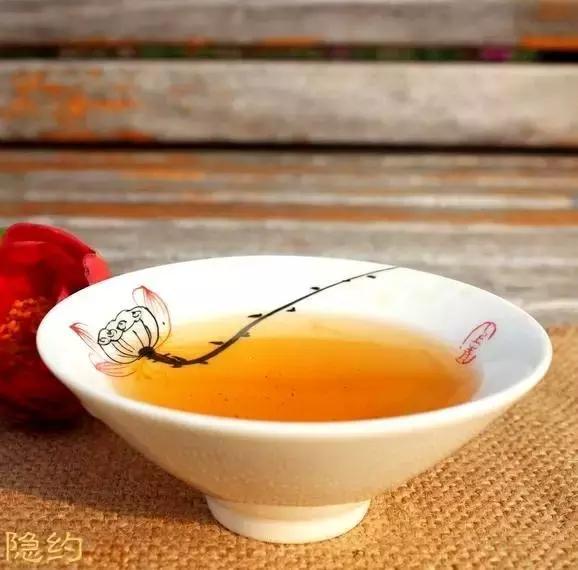The Qing Dynasty scholar Liang Zhangju proposed Wuyi Rock Tea "Vitality, Sweetness, Purity, and Aroma." With "Vitality" as the foremost, the tea has a bitter yet sweet taste. "Three parts red, seven parts green," new tea is orange-yellow, while aged tea takes on amber or rose tones; its aroma is delicate and lingering. The specific explanations are as follows:

Vitality:
Refers to the smooth and refreshing mouthfeel of the tea soup, with a crisp and invigorating aftertaste. "The flavor is pure and carries a backbone," "dispelling dryness and soothing pride, bringing joy and contentment."
Sweetness: Refers to the quick return of sweetness in the tea soup, offering a refreshing and mellow taste, with a rich flavor that lingers on the tongue. Truly, "the tongue retains sweetness throughout the day."
Purity: Refers to the clear and bright color of the tea soup and leaves. The tea taste is pure without impurities, smooth and sweet, with a lasting sweetness.
Aroma: Refers to the fragrant and rich scent that bursts forth when the tea is sipped. The aroma of Rock Tea includes true fragrance, orchid-like notes, freshness, and depth—reminiscent of the elegance of plum blossoms, the subtlety of orchids, the sweetness of fruits, and the richness of osmanthus, leaving a sweet aftertaste on the tongue and a lingering fragrance in the mouth, refreshing the heart and mind.